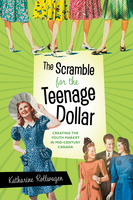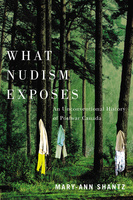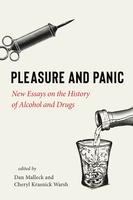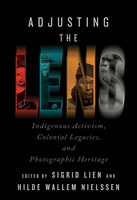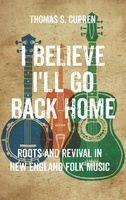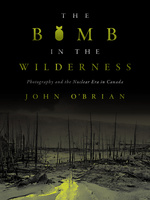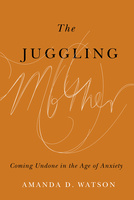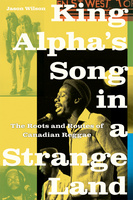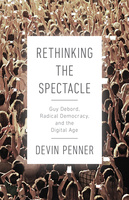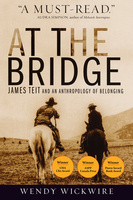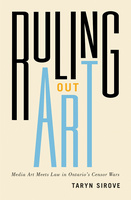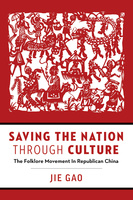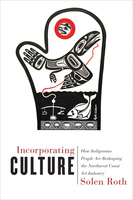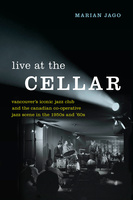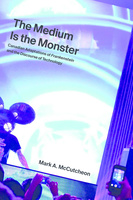The Scramble for the Teenage Dollar
Creating the Youth Market in Mid-Century Canada
The Scramble for the Teenage Dollar explores how mid-century marketers and advertisers created the concept of the teenager as model consumer, an idea that has driven our culture ever since.
Dispatches from Disabled Country
Dispatches from Disabled Country is a nuanced and unmistakably poetic introduction to the rich landscape of disability activism and culture from one of Canada’s most recognized voices, Catherine Frazee.
What Nudism Exposes
An Unconventional History of Postwar Canada
What Nudism Exposes offers a convincing new perspective on postwar Canada by revealing how nudist clubs navigated the social and cultural changes of the 1950s, ’60s, and ’70s.
Power Played
A Critical Criminology of Sport
Power Played represents a distinctly critical criminology of sport, blowing the whistle on the harm, violence, and exploitation embedded in contemporary sport and sporting cultures.
Pleasure and Panic
New Essays on the History of Alcohol and Drugs
Pleasure and Panic illustrates how attitudes toward drug and alcohol consumption are complicated by the politics, economics, and culture of their times.
Adjusting the Lens
Indigenous Activism, Colonial Legacies, and Photographic Heritage
Adjusting the Lens explores and celebrates decolonizing strategies and practices that confront the ways the photographic record of Indigenous peoples has been shaped by the colonial imagination.
I Believe I'll Go Back Home
Roots and Revival in New England Folk Music
Queen of the Maple Leaf
Beauty Contests and Settler Femininity
Queen of the Maple Leaf reveals the role of beauty pageants in entrenching settler femininity and white heteropatriarchy at the heart of twentieth-century Canada.
The Bomb in the Wilderness
Photography and the Nuclear Era in Canada
The Bomb in the Wilderness is an acutely perceptive analysis of Canada’s nuclear footprint through the medium of photography, revealing how we have represented, interpreted, and remembered nuclear activities since 1945.
The Juggling Mother
Coming Undone in the Age of Anxiety
The Juggling Mother upends popular representations of the supermom, showing her to be a cultural construction and the model neoliberal worker.
He Thinks He's Down
White Appropriations of Black Masculinities in the Civil Rights Era
Offering fresh insights and raising important questions, this historical exploration of appropriation traces the ways in which gender and race were negotiated through the popular culture of the Civil Rights Era.
King Alpha’s Song in a Strange Land
The Roots and Routes of Canadian Reggae
This insider look at the forces that came together to make Canada’s reggae scene reaffirms the power of music to combat racism and build bridges between communities and cultures.
Rethinking the Spectacle
Guy Debord, Radical Democracy, and the Digital Age
Drawing on radical democratic theory and the ideas of political theorist Guy Debord, Rethinking the Spectacle examines the tension between spectacles and political agency in our digital society.
At the Bridge
James Teit and an Anthropology of Belonging
At the Bridge lifts from obscurity the story of James Teit (1864–1922), an outstanding Canadian ethnographer and Indian rights activist whose thoughtful scholarship and tireless organizing have been largely ignored.
Ruling Out Art
Media Art Meets Law in Ontario’s Censor Wars
This fascinating account of Ontario’s 1980s’ censor wars shows that when art intersects with law, artists have the power to transform the law, and the law, in turn, can influence the concept of art.
Saving the Nation through Culture
The Folklore Movement in Republican China
Saving the Nation through Culture tells the little-known story of how a group of Chinese scholars attempted to use “low culture” to promote national unity during a long period of crisis.
Incorporating Culture
How Indigenous People Are Reshaping the Northwest Coast Art Industry
Incorporating Culture examines what happens when Indigenous people assert control over the commercialization of their art by instilling the market with their communities’ values.
Live at The Cellar
Vancouver’s Iconic Jazz Club and the Canadian Co-operative Jazz Scene in the 1950s and ‘60s
Live at the Cellar tells the story of Vancouver’s iconic jazz club and other co-operative scenes during the 1950s and ’60s and the profound influence they had on the evolution of jazz in Canada.
Memory
This collection of essays asks readers to think critically, creatively, and broadly about how, why, and when we remember, at a time when the idea of memory – through the commemoration of the First World War – is at the forefront of public discourse.
The Medium Is the Monster
Canadian Adaptations of Frankenstein and the Discourse of Technology
Technology, a word that emerged historically first to denote the study of any art or technique, has come, in modernity, to describe advanced machines, industrial systems, and media. McCutcheon argues that it is Mary Shelley’s 1818 novel Frankenstein that effectively reinvented the meaning of the word for modern English.

